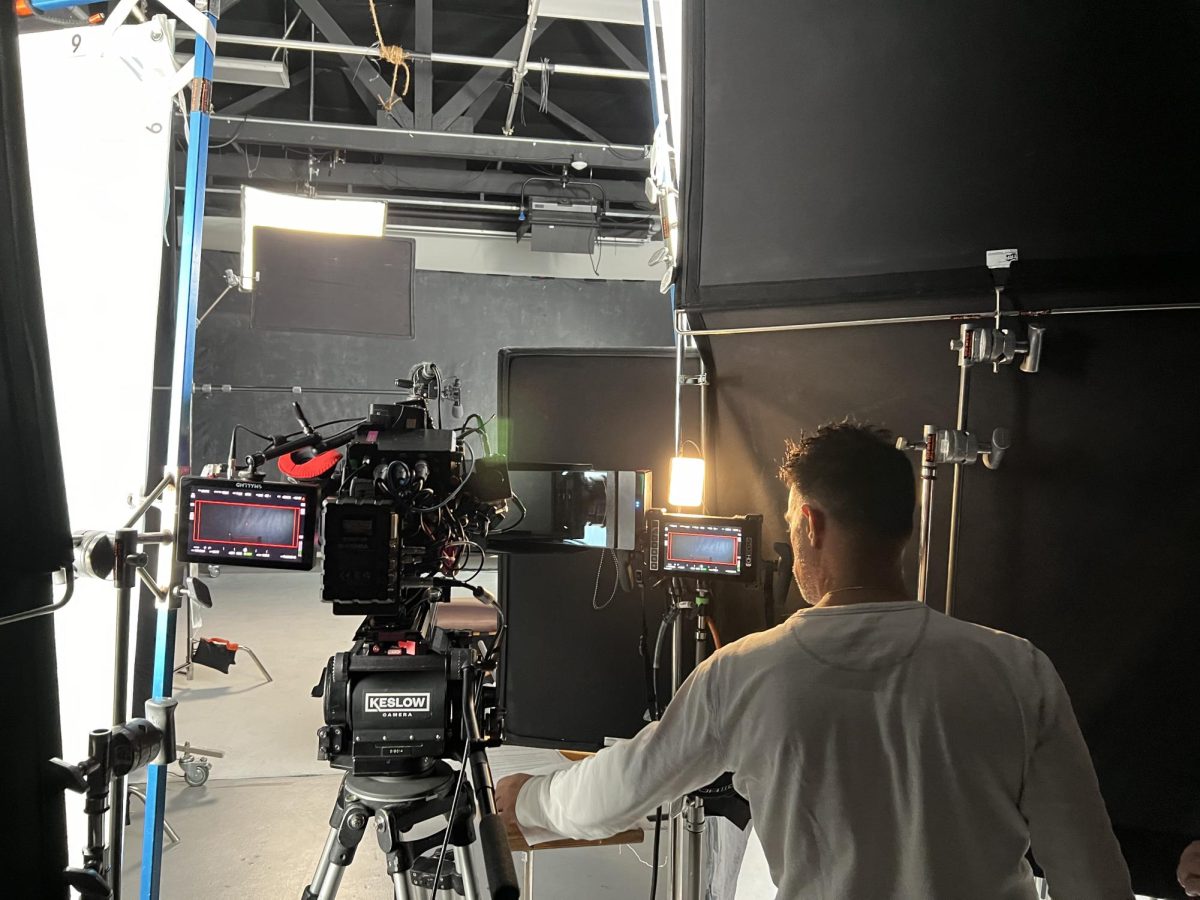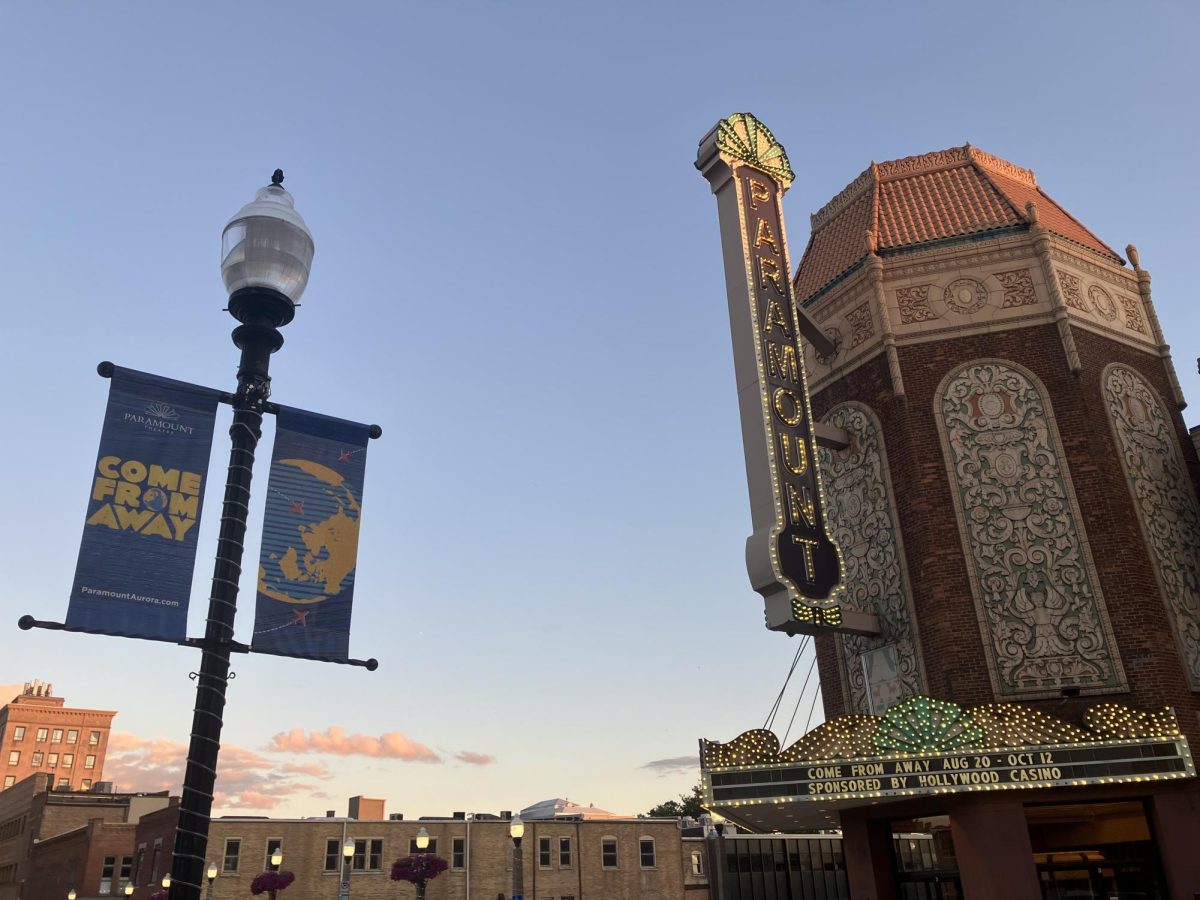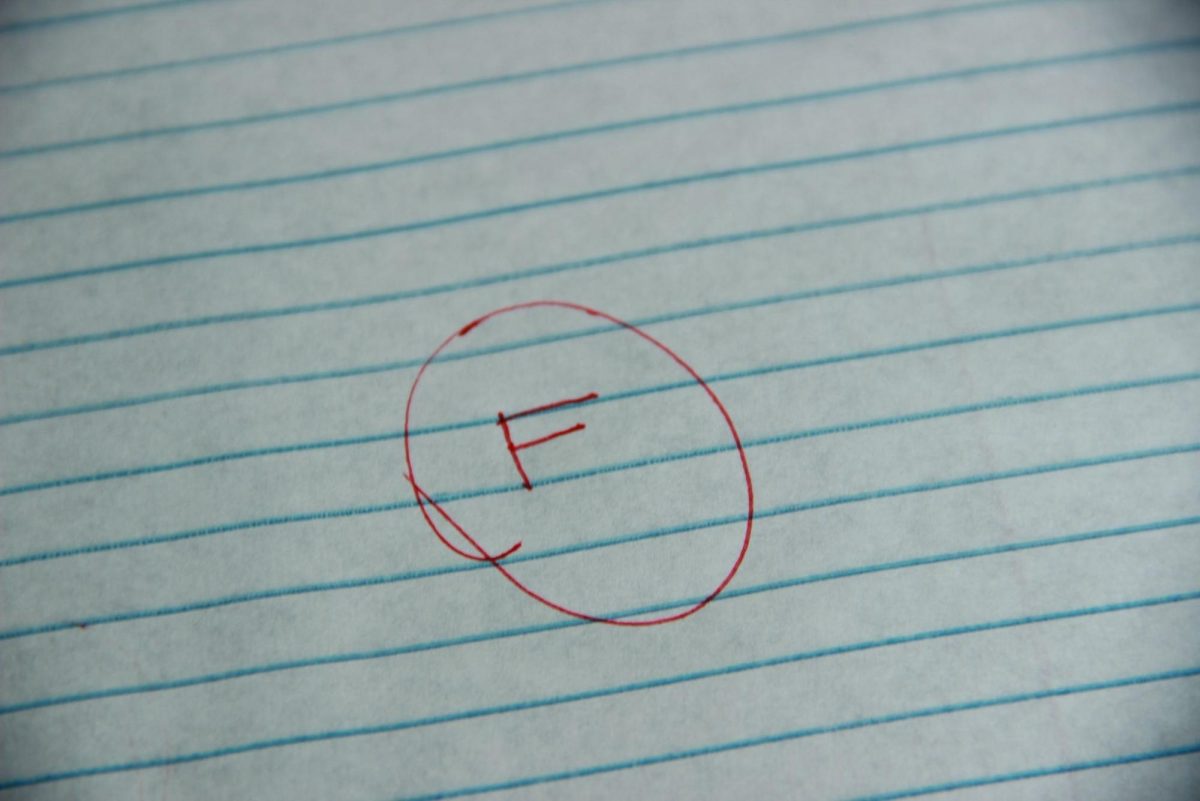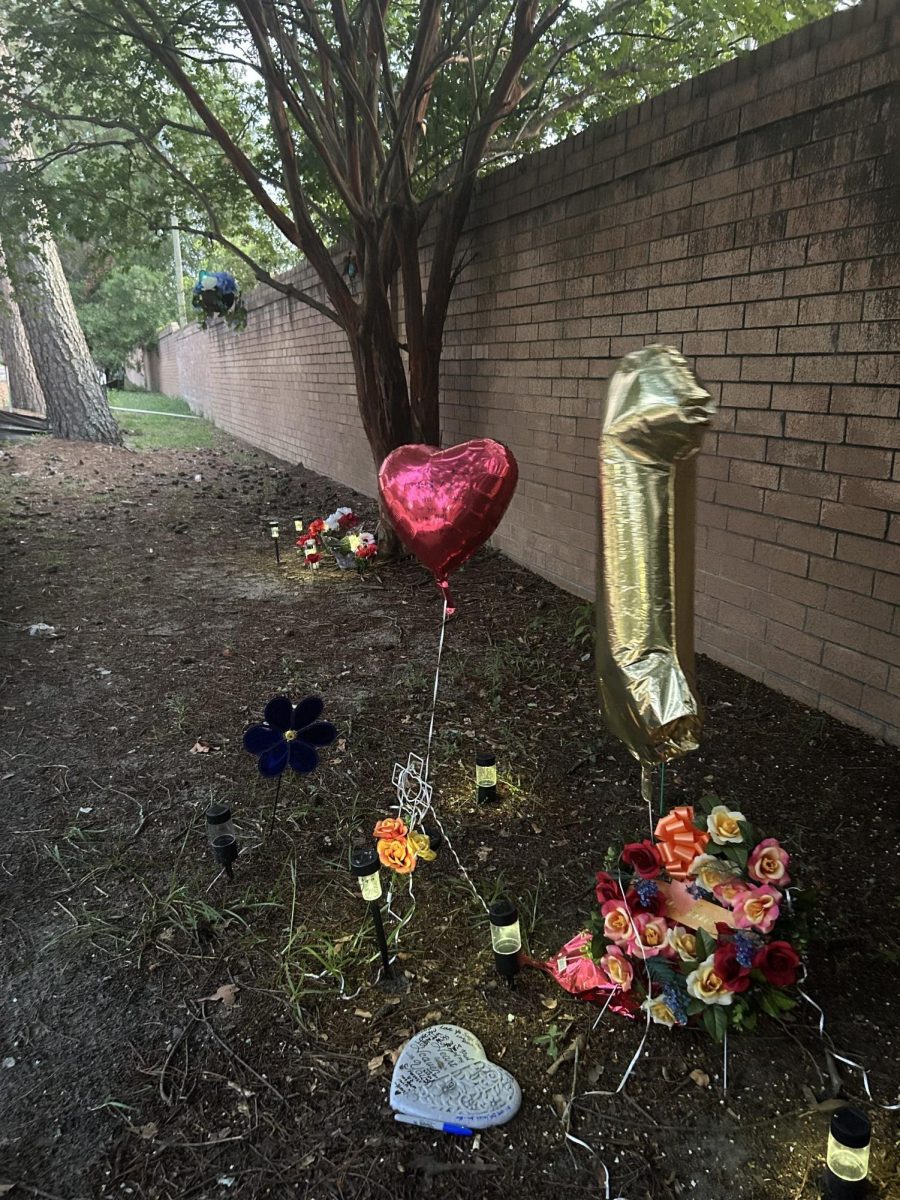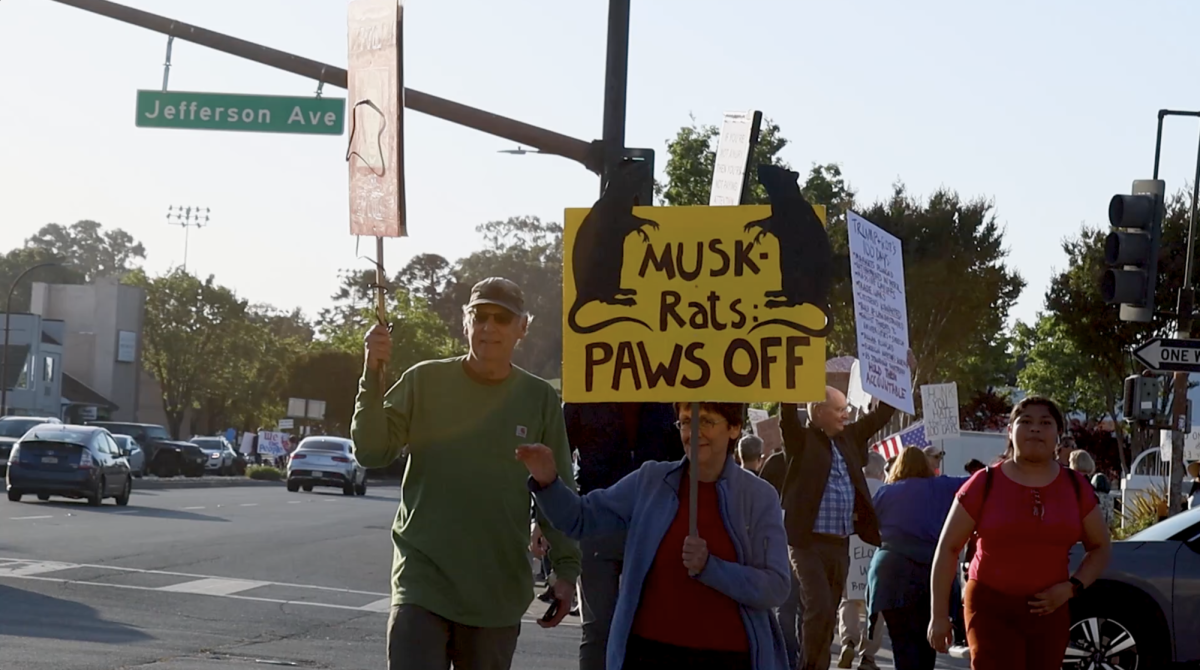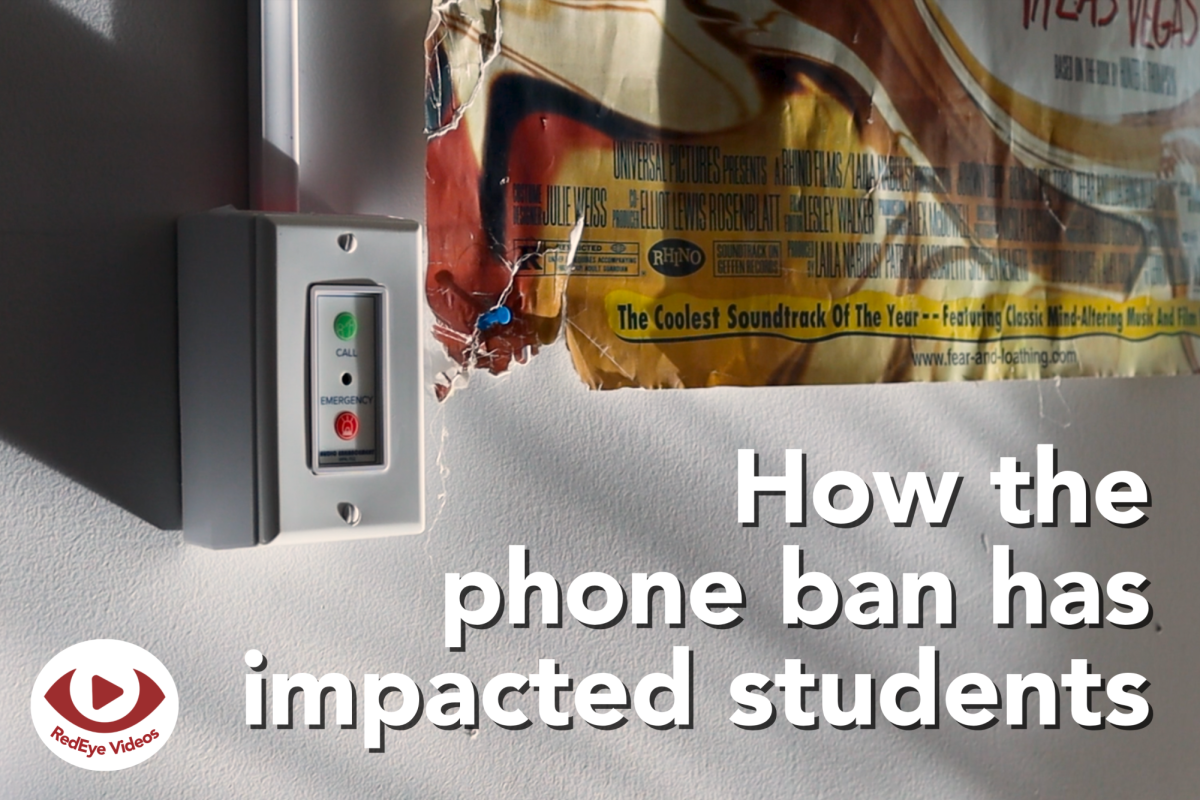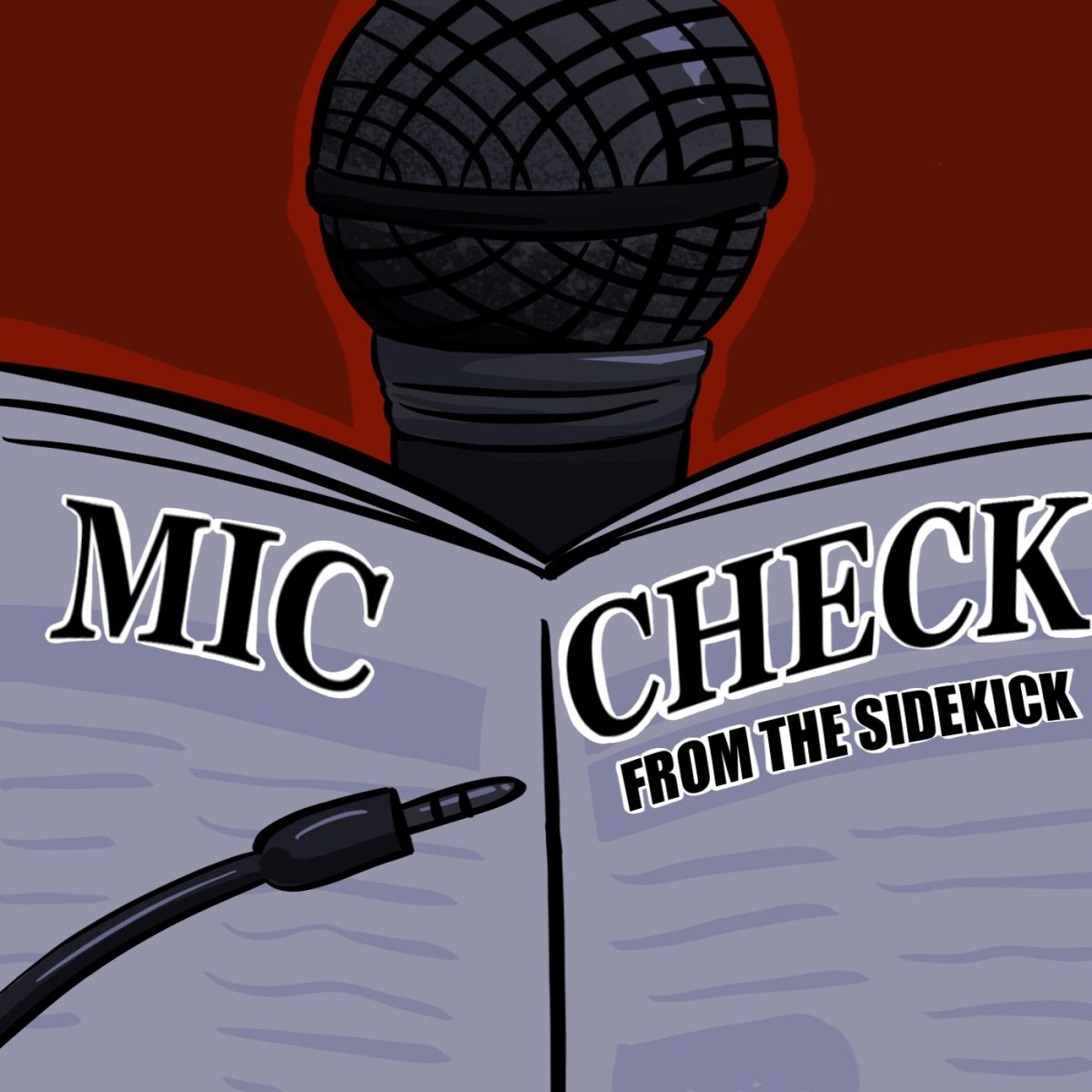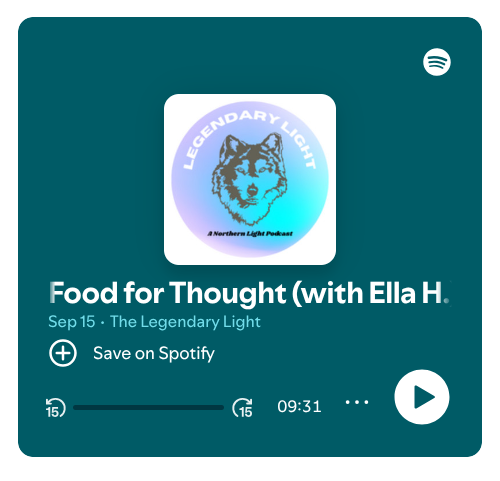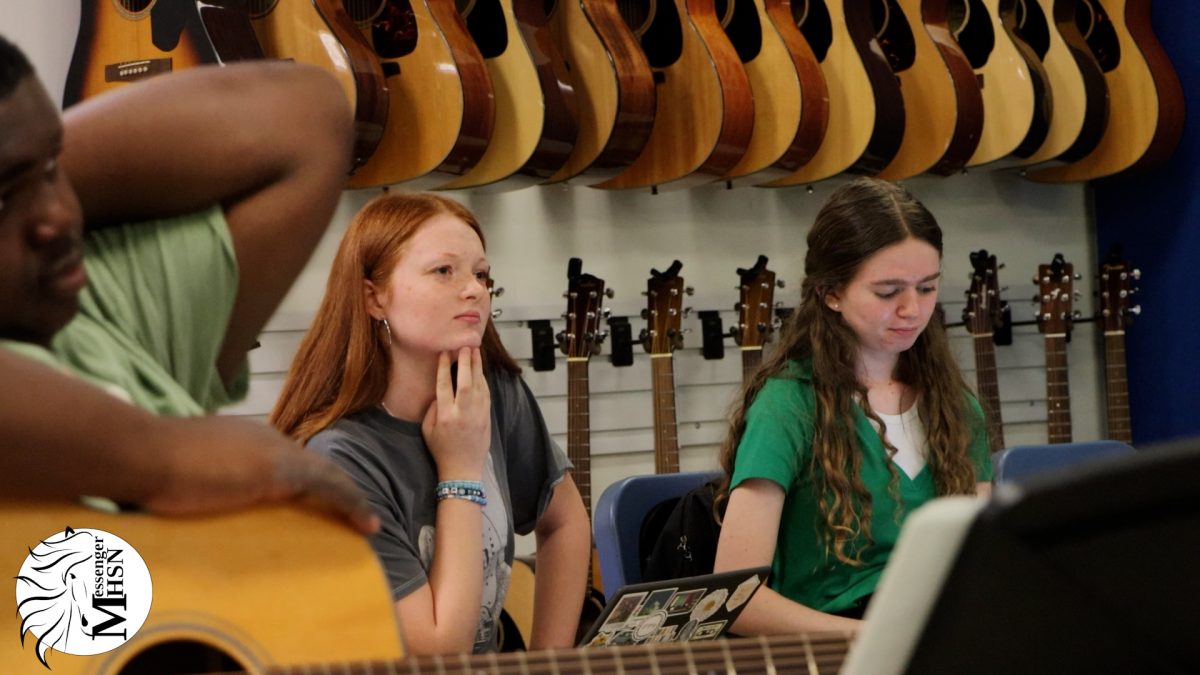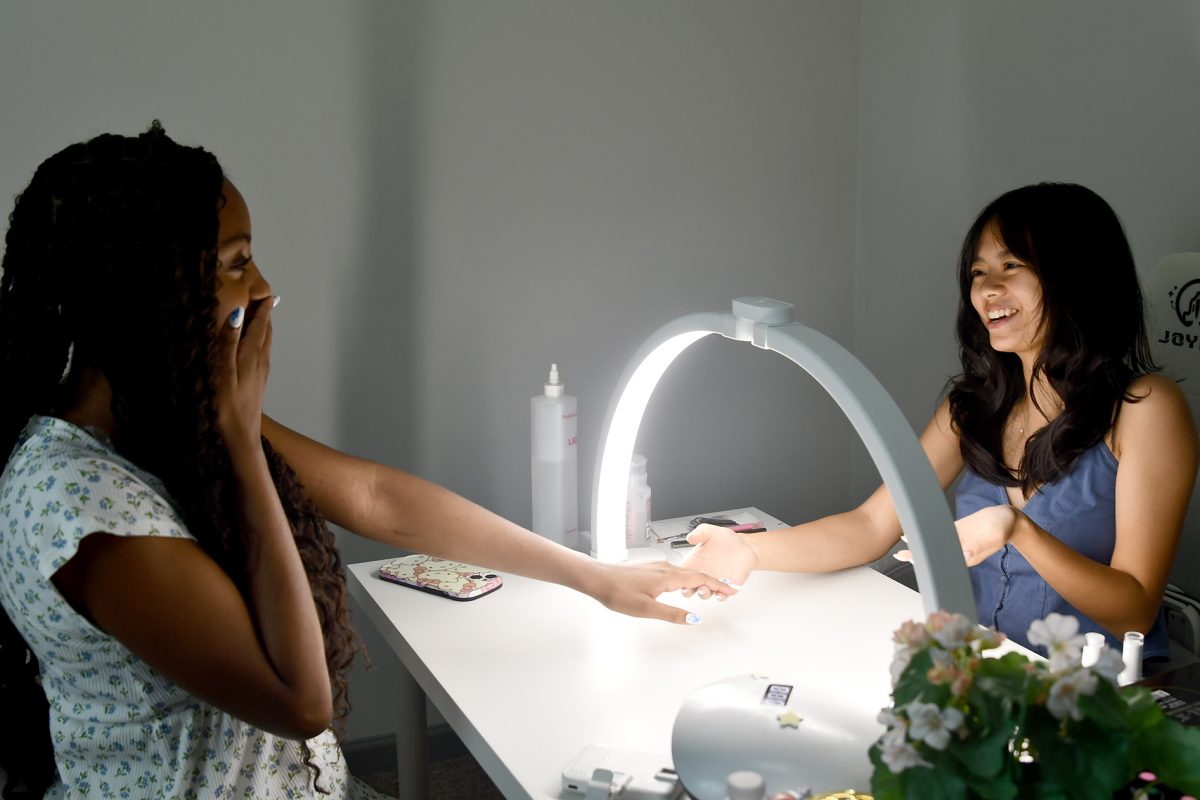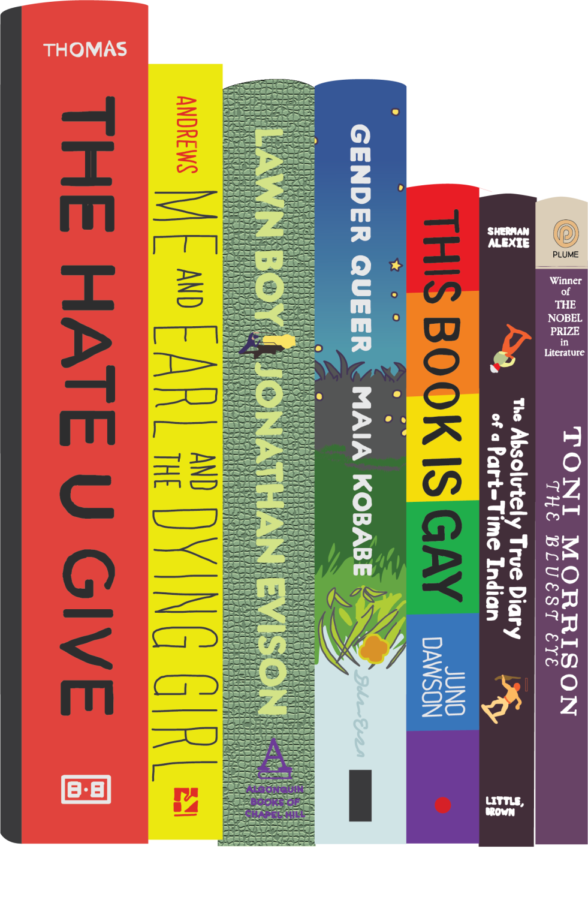Nine Westport residents spoke on the controversy surrounding Staples High School (SHS) Library’s Banned Books Week display during the public comment section of the Westport Board of Education (BOE) meeting on Oct. 3. Some BOE members also wanted to discuss the display but were unable to get the votes to add the item to the agenda.
BOE Secretary, Neil Phillips, described the meeting as being “particularly tense.”
Some attendees sought to use the BOE’s public comment section to challenge the books featured in the display, especially “This Book is Gay” by Juno Dawson, “Lawn Boy” by Jonathan Evison and the graphic novel “Genderqueer” by Maia Kobabe.
Utilizing the BOE’s public comment time differs from officially appealing to the BOE. Such an appeal would require completion through step nine of a 10-step process to challenge materials.
So, while the district has received nine formal challenges to eight of the books on display—including one challenge to all books on the display—none of the challengers have taken step two of the procedure, which is to reach out to talk in-person with the Staples library media specialists.

“I’m still waiting on an official challenge,” SHS Principal Stafford W. Thomas Jr. said, remarking on how he has not yet been notified that the librarians have been contacted.
PUBLIC COMMENT
Each BOE meeting begins with 15 minutes allotted for public comment, in which residents can discuss issues not on the agenda. The residents speaking against the books expressed discomfort and displeasure that these books, which contain sexually explicit scenes and information, were available in the SHS library and advertised by the Banned Books Week display. Many of the books in contention address themes of LGBTQIA+ and racial/ethnic identity, however, the LGBTQIA+ genre is not what most residents are explicitly protesting.
“It’s now one thing to have books available. It’s another to market them so aggressively,” Westport parent Alma Sarelli said. “I’m not saying this because some of these books may address the perspective of one sexual orientation or another. I’m saying this because a school is not the same thing as a commercial or adult bookstore.”
One of the books in contention, “This Book is Gay,” includes guidance in navigating sexual encounters in the LGBTQIA+ community, and includes an explanation that the book’s purpose is to provide a same-sex version of the sex education taught in schools, including explicit diagrams with the intent to educate. This section begins with a content warning for younger readings and anyone who may feel uncomfortable.
A second challenged book on display, “Genderqueer,” is a graphic novel memoir documenting the coming-of-age of a transgender person.
One parent, Camilo Riano, referenced that “Genderqueer,” contained images of an adult sexually touching a child. Inklings confirmed that the book does depict an adult and minor engaging in a sexual act. The picture references content in the classic Greek text “Plato’s Symposium.” The context for the scene is an imagined teenage fantasy and does not explicitly discuss themes of, nor promote, pedophilia.
Other residents were concerned about the active role librarians played in distributing these materials to the student body.
“Without warning, unsuspecting kids, lured by a librarian’s dare, opened these books, many that really belong in an adult only bookstore,” parent Tara Tesoriero said, referencing the sign displayed in the library during Banned Books Week, which read “Someone doesn’t want you to read these books. Find out why.” “One even has instructions how to use a sex app to seek casual sex, presumably with adults—potentially illegal and dangerous behavior. You won’t give a kid an Aspirin without a signed parental consent form, yet you don’t think you need a parental consent form to expose our kids to this.”
Upon finishing, Tesoriero received some applause from attendees. The Chair of the BOE, Lee Goldstein, requested the clapping to cease because applause is prohibited by BOE policy.
Some of those who spoke were concerned that the promotion of the books featured in the Banned Books Week display illustrated a larger pattern of indoctrination in WPS and the United States education system. Staples parent Antje Bakalov explained how her and her husband’s experience growing up in a socialist country has made her aware of Marxist doctrine in the school curriculum.
“It is affecting [our kids’] family life,” Bakalov said, “which I know is exactly one of the tenets of how to take over a country with socialism and Marxism to hijack the young generation,” Bakalov said. “You are also trying to disrupt and dismantle the nuclear family[…]Why else would you put homosexual pornographic books in the library that even normalize pedophilia and challenge our kids to read them?”
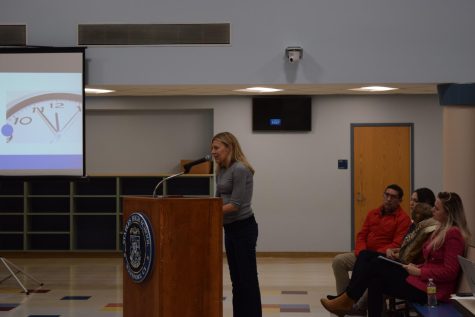
In opposition, a smaller number of Westport residents approached the podium to speak in favor of the Banned Books Week display. Parent Danielle Teplica viewed the debate over the display as a facet of an ongoing national issue, believing that organized political controversy is keeping division alive in the nation, similar to debates about CRT at different BOE meetings across the country. For Teplica, the display helps students learn about the real impact that contemporary issues have on them.
“It’s, I think, a wonderful thing,” she said, “because it’s a really important thing for our kids to know that this happens, that people try to take books away, and it’s important for them to understand that.”
Another Westport resident also defended the display. Parent Brian McGunagle, president and founder of Westport Pride, a community group for LGBTQIA+ people and allies, stated that he supports SHS teachers, students and staff. McGunagle made clear he only spoke on behalf of himself and not for any organization.
“It’s important for disparate views to be shared within the schools,” he said. “It is very important for our children to be exposed to different lifestyles and ways of life.”
Ultimately, the Chair adjourned the public comment section with a recess from the meeting after BOE member Robert Harrington spoke out of turn multiple times and a community member questioned the presence and legitimacy of this Inklings reporter covering the events of the meeting.
BOARD OF EDUCATION
At the start of the general meeting, BOE Vice Chair Liz Heyer noted increased questions and concerns over certain books in the SHS library. Heyer said she sought to add an agenda item to publicly discuss the “treatment of materials in our school library that encourage harmful and unsafe behavior.” The motion fell short of the two-thirds vote needed to pass.
“Avoiding public discussion can often escalate an issue unnecessarily,” Heyer said after the meeting. “I felt it was important to address the issue being raised by the community members we represent and to signal to the community that some Board members did feel strongly about discussing the issue.”
Adding the item would mean both BOE members and public attendees would have been able to engage in discussion over the Banned Books Week display. Without an agenda item, BOE members are prohibited from discussing a topic. Multiple attendees and members of the Board of Education, including McGunagle, were also generally concerned that conversations about the contentious books were being held in private rather than in a public discussion.
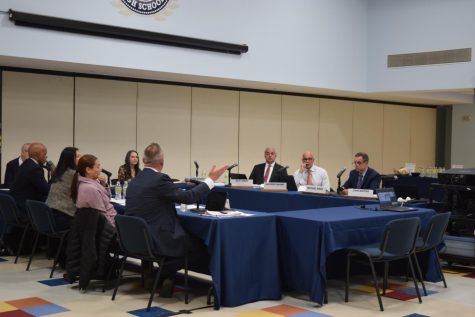
Secretary Phillips voted against the motion, explaining that the BOE was only made aware of the controversy less than a week before the general meeting and he felt unprepared to publicly comment. In addition, he said the BOE only received 10-13 emails on the subject, mentioning how past issues have attracted many more emails, and thus, warranted the primary focus of the Board.
“We have typically approached most agenda items with supporting documentation provided before a meeting,” Phillips said. “To better inform the Board members as well as the public, and for a topic as sensitive as this one, I would have expected no less.”
Additionally, another issue was raised that the public was excluded from Board of Education discussion concerning the Banned Books Week display. BOE member Harrington discussed how the BOE held a private executive meeting before the public general meeting to review the controversy. The Board goes into executive meeting when two-thirds of the Board vote to go into session, and discussion of executive meeting proceedings and topics is prohibited for all Board members before, during and after the meeting.
Harrington stated his discontent that the minority voice of BOE members was silenced from making the discussion public and bringing transparency to Board proceedings. In doing so, Harrington spoke over some Board members and spoke on non-agenda items in the public comment section.
“I will say what I choose,” Harrington said in reference to his explanation of the executive meeting, the discussion of which violates Board policy.
“No, you don’t,” the Chair said, adhering to the BOE bylaws which prohibit “boisterous conduct” to quiet Harrington’s interruptions.
The Board remains divided on the issue, and banned books were not on the agenda for the general meeting on Oct. 25. Some Westport residents utilized the public comment at this meeting to express continued discontent with SHS library materials.
SHS LIBRARY
The SHS Library has celebrated Banned Books Week since 2005, in accordance with the American Library Association (ALA). The ALA Office for Intellectual Freedom provides a list of top 10 national challenged books, and the SHS Library displays these books if they own them.
The ALA Office for Intellectual Freedom created Banned Books Week in 1982 to highlight the importance of intellectual freedom and being aware of national attempts at censorship, even if books are considered “unorthodox or unpopular.” Along those same lines, the SHS library hopes to prepare students to explore their academic and personal questions even within controversial subject areas.
“We believe the library is a place to access books that are like windows and mirrors,” SHS Library media specialists Jennifer Cirino and Nicole Moeller wrote. “Window books look at lives different than our own to help us view and understand them better, like a window unto other experiences. And mirror books reflect lives similar to our own, with the power to read or listen to a story about someone like you. Our hope is that our collection reflects this.”
According to ALA, more challenges were made to library, school and university materials in 2021 than any year on record, with 729 challenges. Most books challenged were written by LGBTQIA+ or Black authors. The most recent formal challenge to an SHS Library book was in 2007 to “The Lovely Bones” by Alice Sebold, which was unsuccessful, making the current situation notable in Staples’ history.
Walking through the SHS library, one can find multiple other titles which contain explicit scenes and frontal nudity. In a public letter, WPS Superintendent Thomas Scarice highlighted “Looking for Alaska” by John Green, “Empire of Storms” by Sarah J. Maas and “Speak: The Graphic Novel” by Laurie Halse Anderson, among others. These books have not been challenged.
The three books (“This Book is Gay,” “Lawn Boy” and “Genderqueer”) being discussed most in Westport have been in the library’s circulation for 3-6 years, but are rarely checked out. The reporter was the second to check out the single copy of “Lawn Boy,” the first time being in 2019.
STUDENT BODY
Some Staples students were unaware of the controversy over the Banned Books Week display, expressing they only learned about the issue after teachers at Staples mentioned the eventful BOE meeting in class.
An anonymous source, who is an involved member of Pride Coalition, Staples’ LGBTQIA+ activism and social club, stated they learned more about LGBTQIA+ topics from the internet and their friends than from any books in school. They believe it would be preferable if people, especially people not in the LGBTQIA+ community, would learn about the community through vetted materials and not the internet, which can give
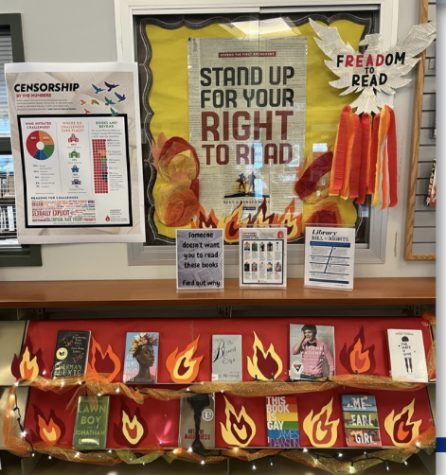
misinformation.
“If the information is gleaned from the internet,” they said, “which it is for the vast majority of people, I think in this modern age, it’s probably going to be warped.”
A different student, who preferred to remain anonymous, feels that the Staples community fails to foster diversity of religious and political opinions, leading to lack of understanding on both sides of politically-charged issues.
“I think our teachers are really amazing because many of them take steps to make sure that both sides are represented,” they said. “We need to make sure that students at Staples are being taught how to think and not what to think.”
This story was originally published on Inklings on October 20, 2022.

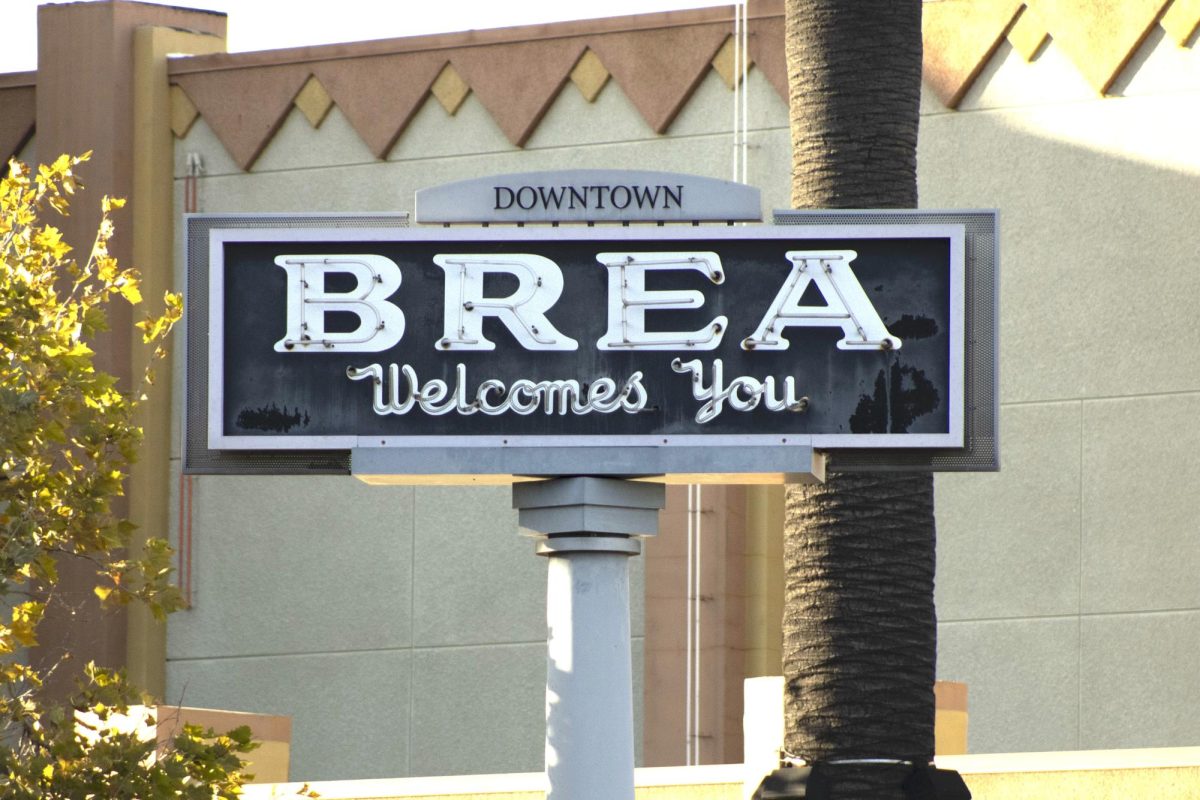
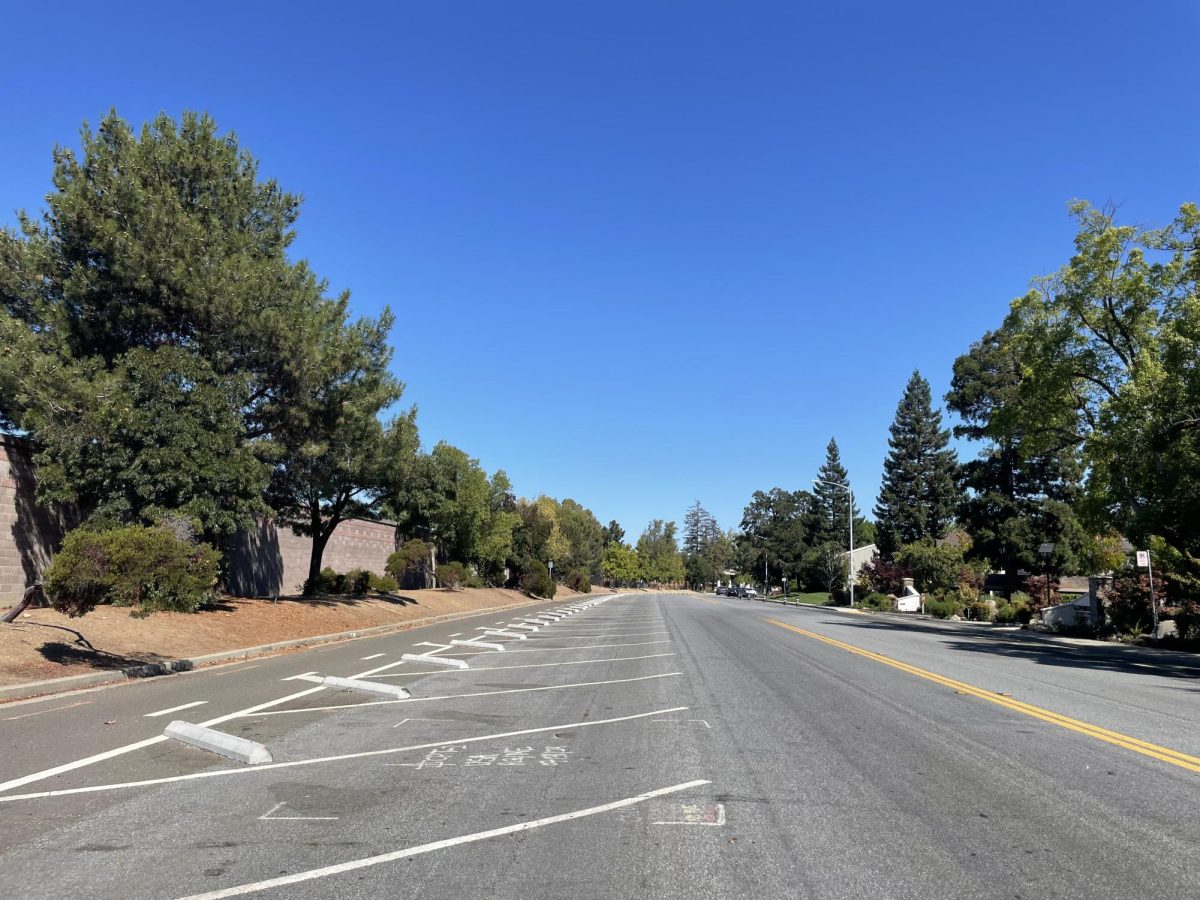
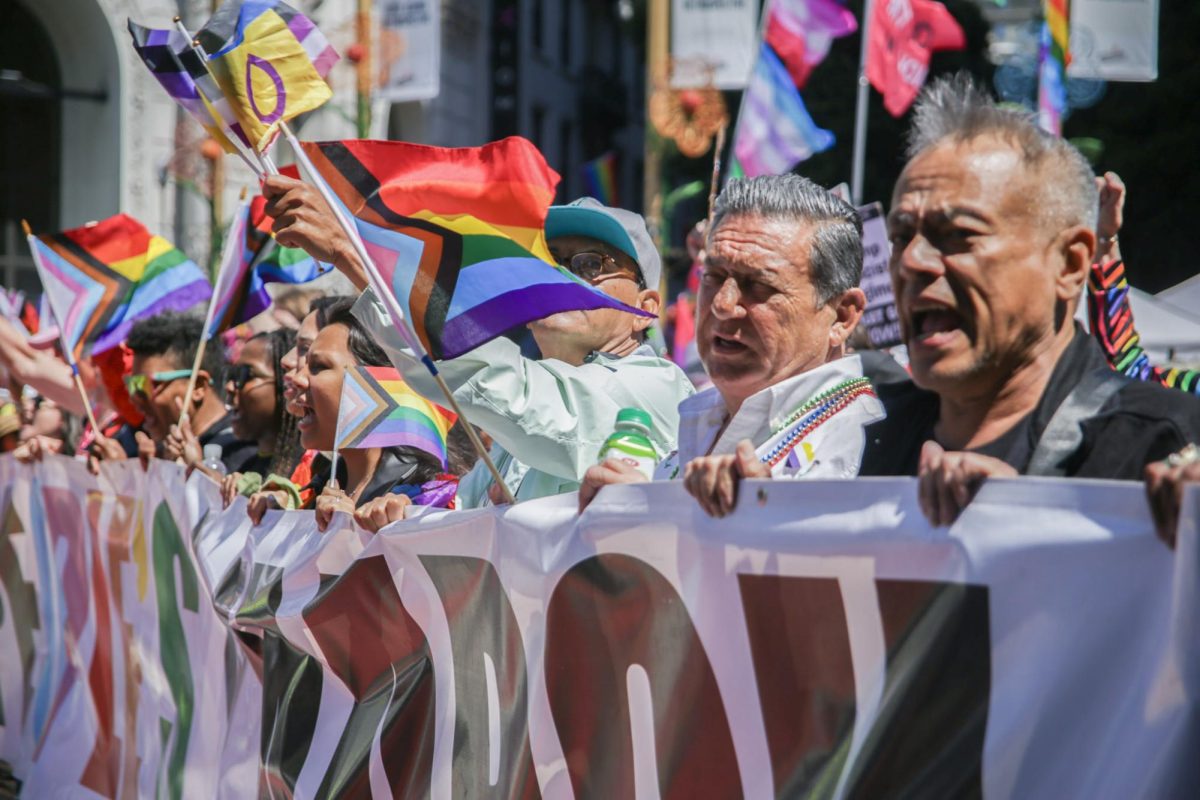





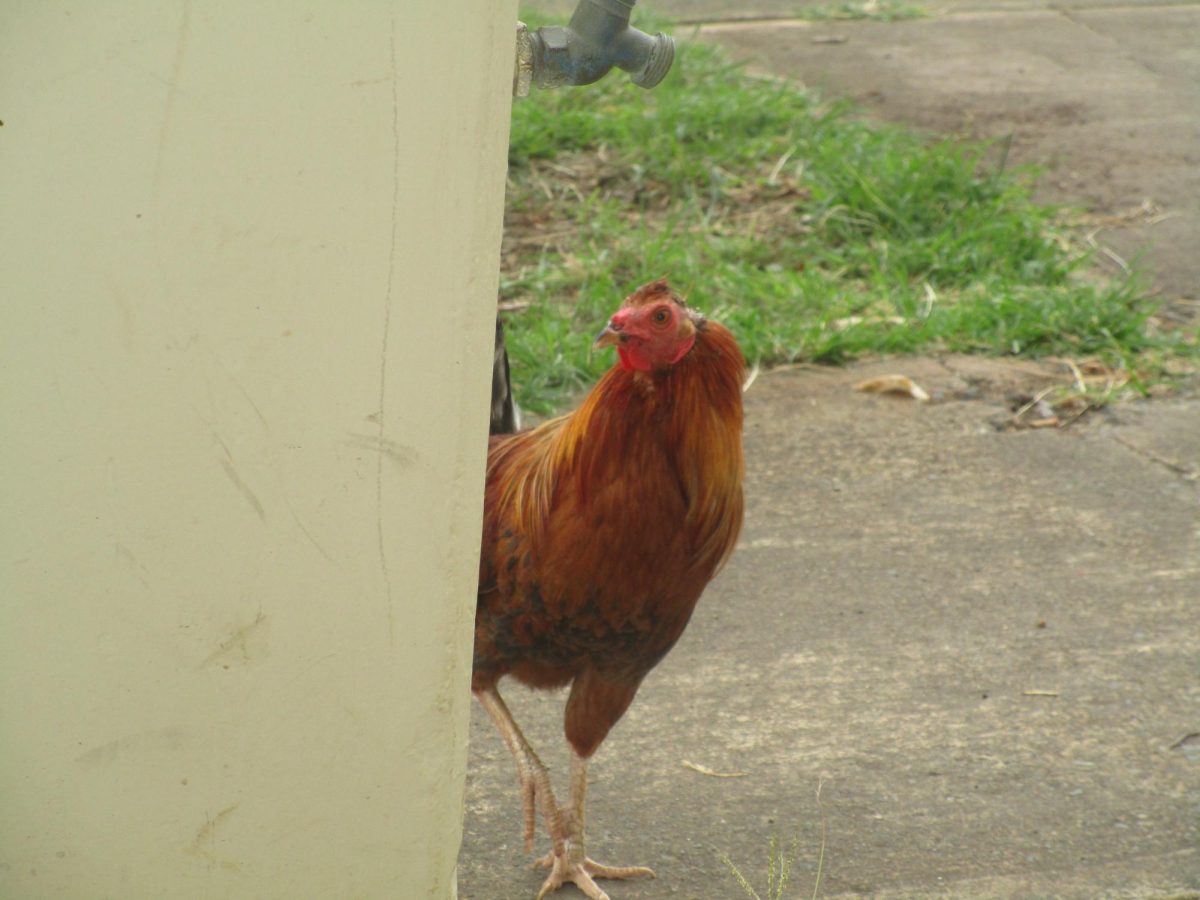
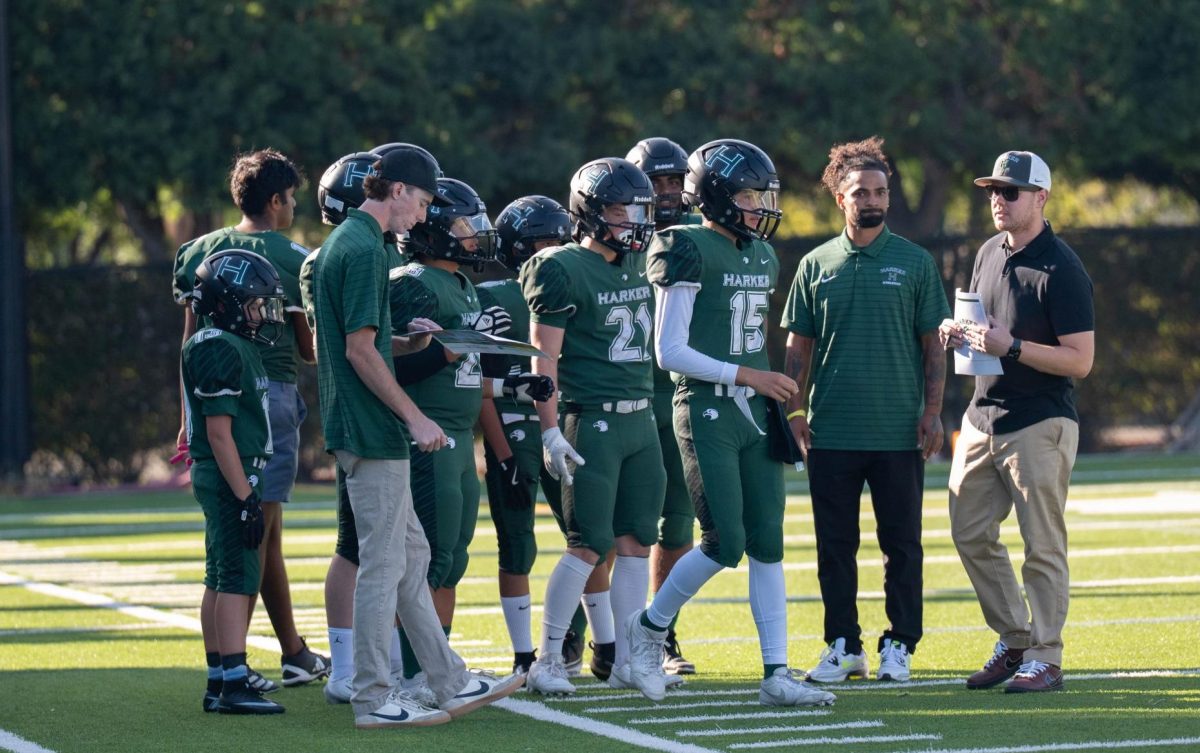
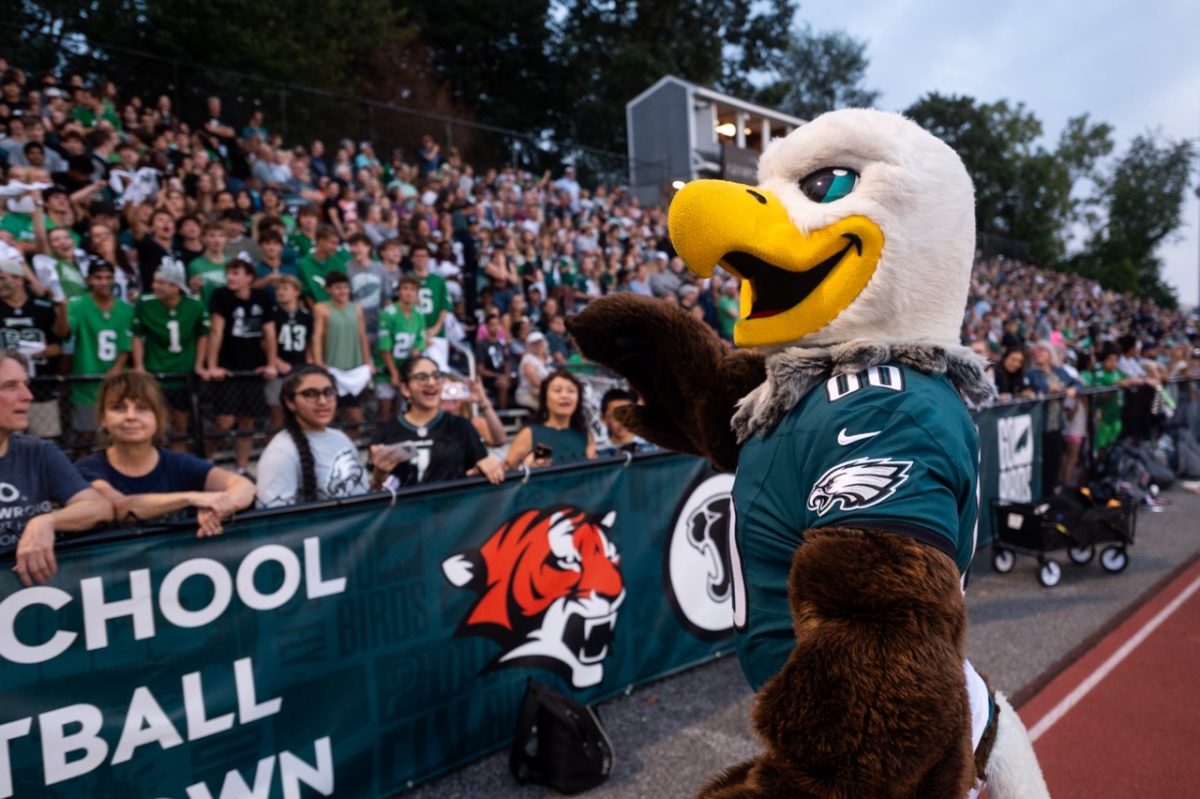


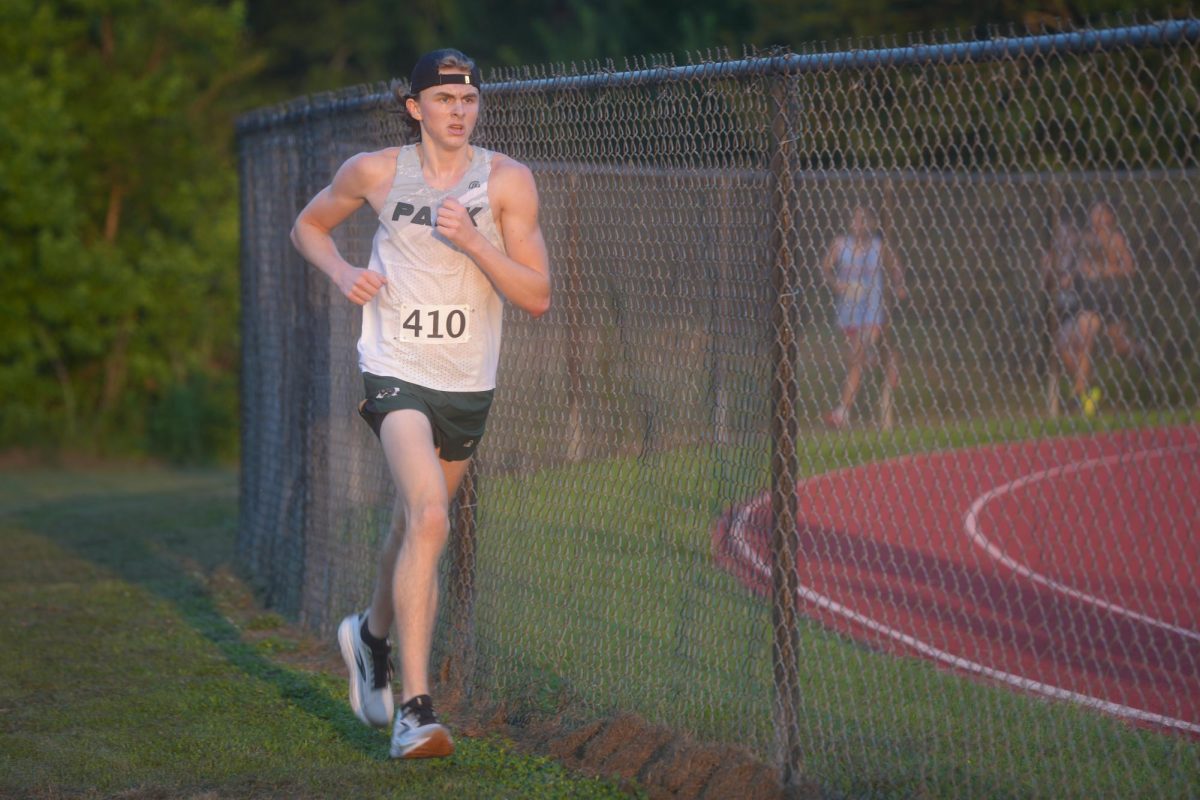
![Gazing across the stage, sophomore Alexis Monteleone performs in the school theater. The Monteleone family’s band “Monte and the Machine” has been releasing music since 2012, but Alexis started her own solo career in 2024 with the release of her first single, Crying Skies. “My whole family is very musical, [and I especially] love writing [songs with them],” Monteleone said.](https://bestofsno.com/wp-content/uploads/2025/10/DSC7463-1200x798.jpg)

